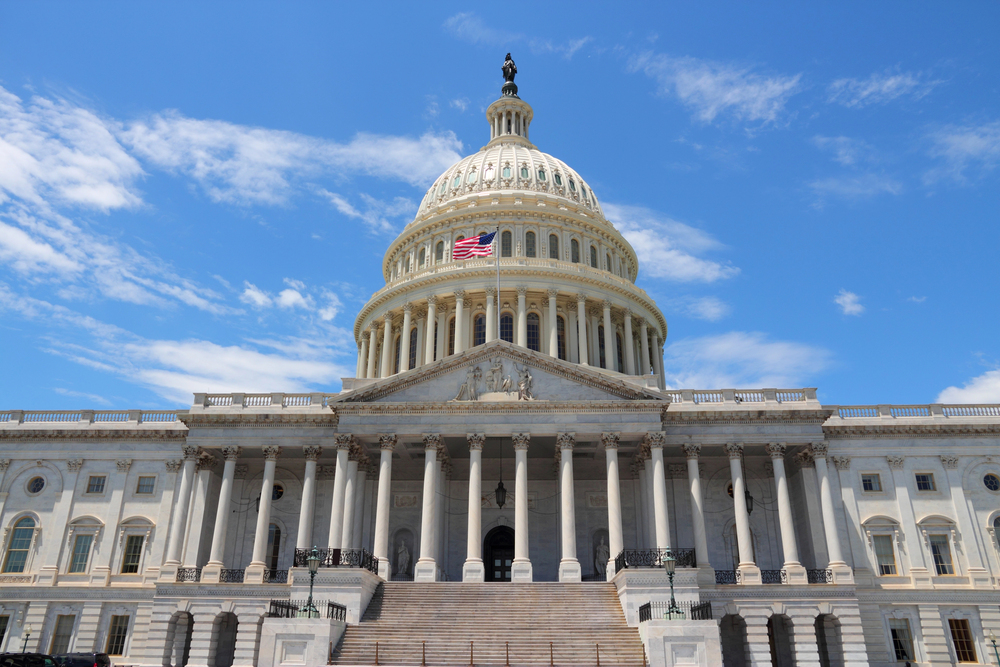Federal Tax Reform: The Big ‘I’ Shares Takeaways From New Tax Law
Independent insurance agents may be wondering what tax provisions were included as part of the expansive package. This summary from the Big “I” provides a brief overview.

Independent insurance agents may be wondering what tax provisions were included as part of the expansive package. This summary from the Big “I” provides a brief overview.

Passage of the bill will make permanent the 20% deduction for pass-through entities, a huge win for many independent insurance agencies.

Erie Insurance and Philadelphia Insurance Companies grappled with extended system outages, prompting errors & omissions concerns for independent insurance agents.

The new toolkit helps independent insurance agents educate clients, explain rising costs and advocate for reforms.

Charles Symington, Big “I” president & CEO, participated in a panel at the 2025 Insurance Information Institute’s Joint Industry Forum in Chicago.

Throughout his career, Elliott has played a pivotal role in the Big “I” community at both the state and national levels—from chairing the Young Agents of Kansas (YAK) and the national Young Agents Committee (YAC) to championing political advocacy in his current role as chair of the state government affairs committee.

The Big “I” voiced its support for keeping state insurance regulators in charge of implementing and enforcing federal privacy standards and adopting any necessary sector-specific guidance within the insurance industry.

“We need to encourage other young professionals to get into the industry and understand that it has a lot of opportunities,” says young agent Lucas Anderson. “I had the privilege of being born into it, there are a lot of people who fall backwards into it, but we need to turn it into an industry…

Elliott has been a driving force in the Big “I” community on both the state and national level, from chairing the Young Agents of Kansas (YAK) and national Young Agents Committee (YAC) to championing political advocacy in his current role as chair of the state government affairs committee.

The “Tackling Predatory Litigation Funding Act” was introduced in both the U.S. Senate and House to create a new tax for third-party litigation funding and to clarify it does not qualify for capital gains treatment, a loophole that currently allows foreign investors to pay zero U.S. taxes.
